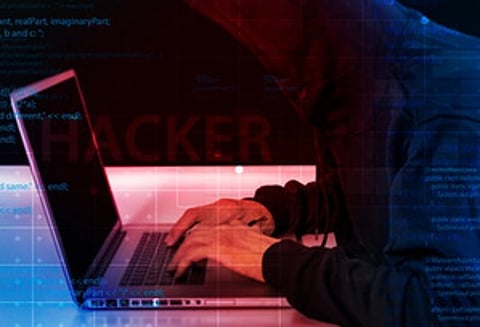For cybercrooks, emergencies are a safe bet to cheat victims
HYDERABAD: Cybercriminals these days are becoming increasingly innovative, using sophisticated tactics to maximise their illegal gains while sticking true to the tried and tested modus operandi of impersonation followed by extortion.
These fraudsters often pose as high-ranking officials, such as IAS and IPS officers, to lend credibility to their fabricated emergency scenarios.
A senior officer from the Cybercrime department explained that most of these scams revolve around two main types of fabricated emergencies — medical and transportation.
“The modus operandi involves creating a sense of imminent danger or critical need, pressuring victims into making hasty financial decisions. Scammers typically claim they need funds urgently for a transportation issue or medical treatment,” said an official.
The officer said that fraudsters are using fake medical emergencies with increasing frequency to elicit sympathy and urgency. They also fabricate transportation crises, claiming to be stranded or in need of immediate financial help to cover travel costs.
Recent cases are cited as proof of such scams. In one instance, a teacher in Hyderabad was deceived by a fraudster posing as a cousin who claimed to need funds for an urgent medical procedure. After sending the money, the teacher was asked for additional funds.
It was only later that the teacher discovered the request to be a scam. In other cases, impersonators used images of high-ranking officials like Mahbubnagar SP D Janaki and Nagarkurnool Collector Badavath Santosh to fabricate emergencies and request money from unsuspecting victims.
Cybercrime officials have been issuing advisories, urging the public to verify the authenticity of emergency requests. These advisories recommend contacting the person directly before transferring any money and remaining cautious of unexpected financial requests, particularly those involving urgent medical or transportation issues.

